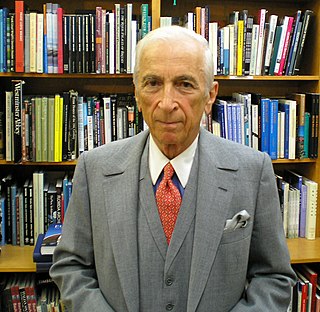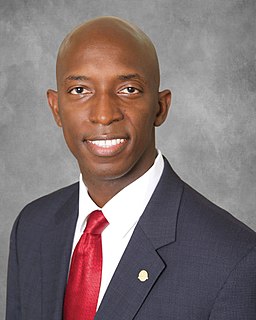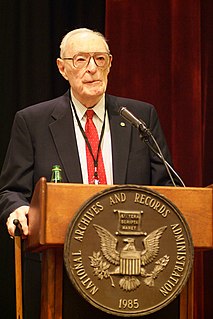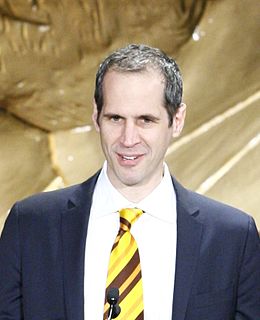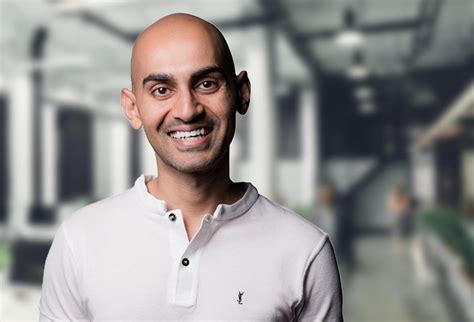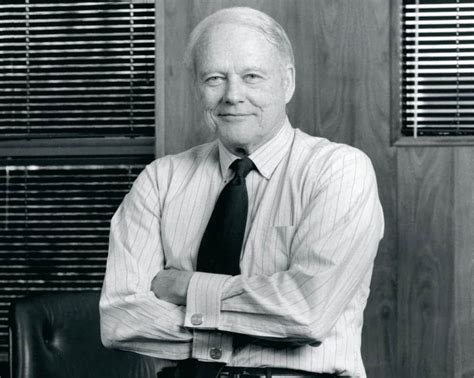A Quote by Robert Ringer
Surround yourself with problem solvers, not problem creators.
Quote Topics
Related Quotes
Finally, imagine that you've really worked hard on yourself and become a level 10 person. Now, is this same level 5 problem a big problem or a little problem? The answer is that it's no problem. It doesn't even register in your brain as a problem. There's no negative energy around it. It's just a normal occurrence to handle, like brushing your teeth or getting dressed.
If we want to impact hundreds - or millions - of people, we have to do things differently. If we look at the problem as an infrastructural problem, we cannot make an impact because it requires a lot of effort. But when we convert this problem into a knowledge problem, suddenly the problem is manageable.

